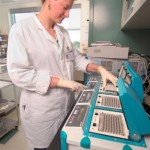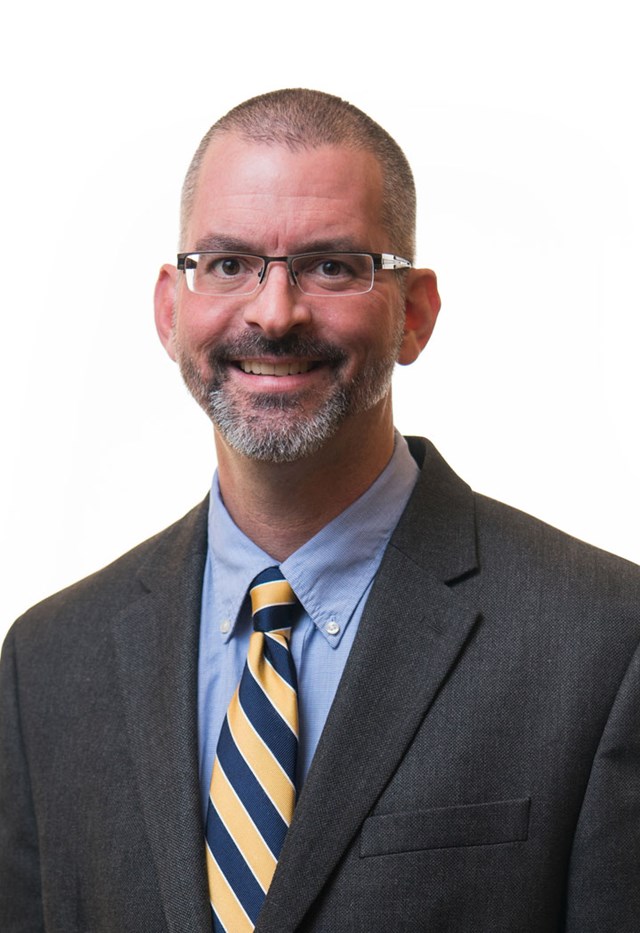 Over the years, we have written about a number of the sleuths who, on their own time and often at great risks to their careers or finances, have looked for issues in the scientific literature. Here’s a sampling:
Over the years, we have written about a number of the sleuths who, on their own time and often at great risks to their careers or finances, have looked for issues in the scientific literature. Here’s a sampling:
- Anna Abalkina, the creator of the Retraction Watch Hijacked Journal Checker, has revealed how paper mills work.
- David Allison and Andrew Brown tried getting journals to correct or retract two dozen papers with obvious errors. The results weren’t pretty.
-

Elies Bik Elisabeth “Eagle Eyes” Bik showed that one in 25 papers she examined had evidence of inappropriate image manipulation. Our 2019 profile for The Scientist.
- Dorothy Bishop‘s “eye for detail has given her a second career and a new following.”
- , , , and
- Paul Brookes created http://Science-Fraud.org. He had to shut it down after legal threats. But the scientists featured there have now retracted dozens of papers.
- Jennifer Byrne became a literature watchdog after she found a bunch of errors in DNA constructs reported by papers. The number of papers that have resulted from her inquiries keeps climbing.
- Guillaume Cabanac and Cyril Labbé have uncovered hundreds of papers with telltale signs that they were created using programs like Scigen and Mathgen, using their Problematic Paper Screener. Alexander Magazinov has joined them to find papers that contain such “tortured phrases,” and Cabanac and Labbé have also worked with Byrne and others on different projects.
- John Carlisle was instrumental in exposing the statistical anomalies in the work of Yoshitaka Fujii, who tops our leaderboard with 183 retractions. Another of Carlisle’s projects looked at more than 5,000 clinical trials, and flagged a study in the New England Journal of Medicine that was retracted and replaced.
- “From a small town in Wales, a scientific sleuth has shaken Dana-Farber — and elevated the issue of research integrity.” Meet Sholto David.
-

Michael Dougherty Michael Dougherty has become the philosophy plagiarism police.
-
Malte Elson and Patrick Markey paid a price for being right about problems in a study of violent video games.
- Hampton Gaddy uncovered more than two dozen odd papers about Star Trek in a journal about early human development. They’ve been retracted.
- James Heathers — who calls himself a “data thug” — and Nick Brown have been central to the Brian Wansink saga, and have created tools that others can use to detect problems.
- In 2015, Joshua Kalla and David Broockman began to think something wasn’t right with a paper in Science about how best to change people’s minds about same-sex marriage. They were right, and the retraction captured international attention.
- John Loadsman has identified numerous cases of misconduct in the anesthesiology literature, including a case in which a researcher was found to have committed misconduct in more than 140 papers.
- Ben Mol has been making a mark, particularly in the obstetrics and gynecology literature.
- Leif Nelson, Uri Simonsohn, and Joe Simmons — the scientists behind Data Colada — have found fatal flaws in high-profile studies of behavior and related subjects, including in the work of Francesca Gino — who has sued them.
- Michèle B. Nuijten, along with Chris Hartgerink, created “statcheck,” which automatically spots statistical mistakes in psychology papers, making it significantly easier to find flaws.
- The grad student who raised concerns about the work of Cornell psychology researcher Robert Sternberg was Brendan O’Connor. Another “data thug” is born.
- Mike Rossner has made a name for himself as an image manipulation detective for more than two decades.
- David Sanders was sued for his efforts, and won — but did not emerge unscathed.
- Kyle Sheldrick has specialized in COVID-19 and related papers, but not exclusively.
- Artemisia Stricta — a pseudonym — has uncovered hundreds of problematic papers by researchers including one on our leaderboard.
- Deborah Weber-Wulff is a key member of VroniPlag Wiki, a group of German-language scientists who have been scanning for — and publicly tracking — cases of plagiarism.
- Nick Wise‘s work has led to the retraction of more than 850 papers. He now works at Taylor & Francis.
Look for more profiles of such sleuths in the coming months. And a request: Our work takes resources, and we’d be grateful if you could consider a donation to support our work. Contribute by PayPal here, or by check made out to The Center For Scientific Integrity, 121 W. 36th St., Suite 209, New York, NY 10018.
Like Retraction Watch? You can make a one-time tax-deductible contribution or a monthly tax-deductible donation to support our work, follow us on Twitter, like us on Facebook, add us to your RSS reader, or subscribe to our daily digest. If you find a retraction that’s not in our database, you can let us know here. For comments or feedback, email us at [email protected].
So why don’t I qualify as a Scientific Sleuth? I wrote a book, sent it to Ivan and he never even mentioned it on Retraction Watch. Too much statistics? Not enough image manipulation?
Hidden Data: The Blind Eye of Science. Available on Amazon as print or Kindle.